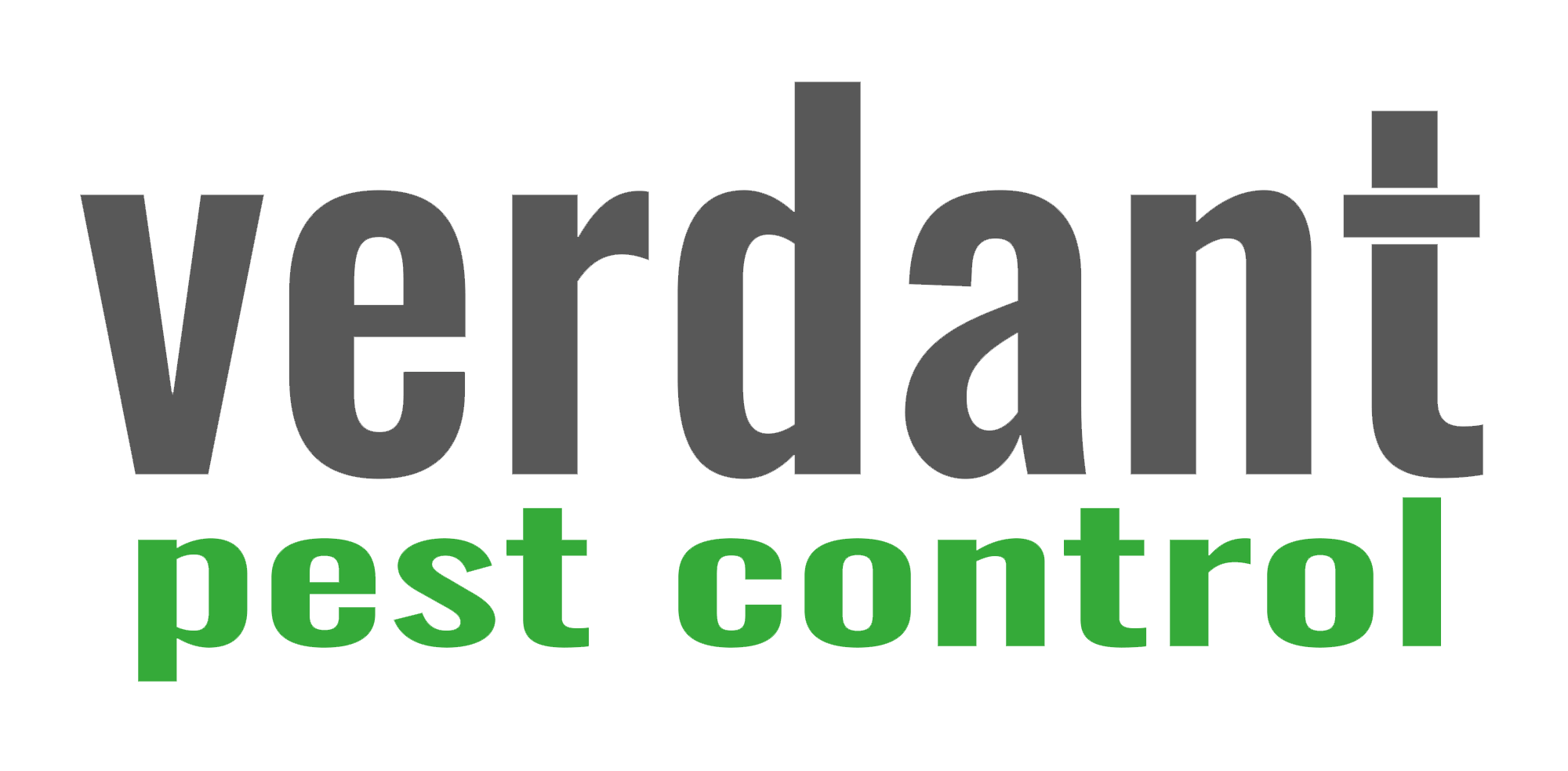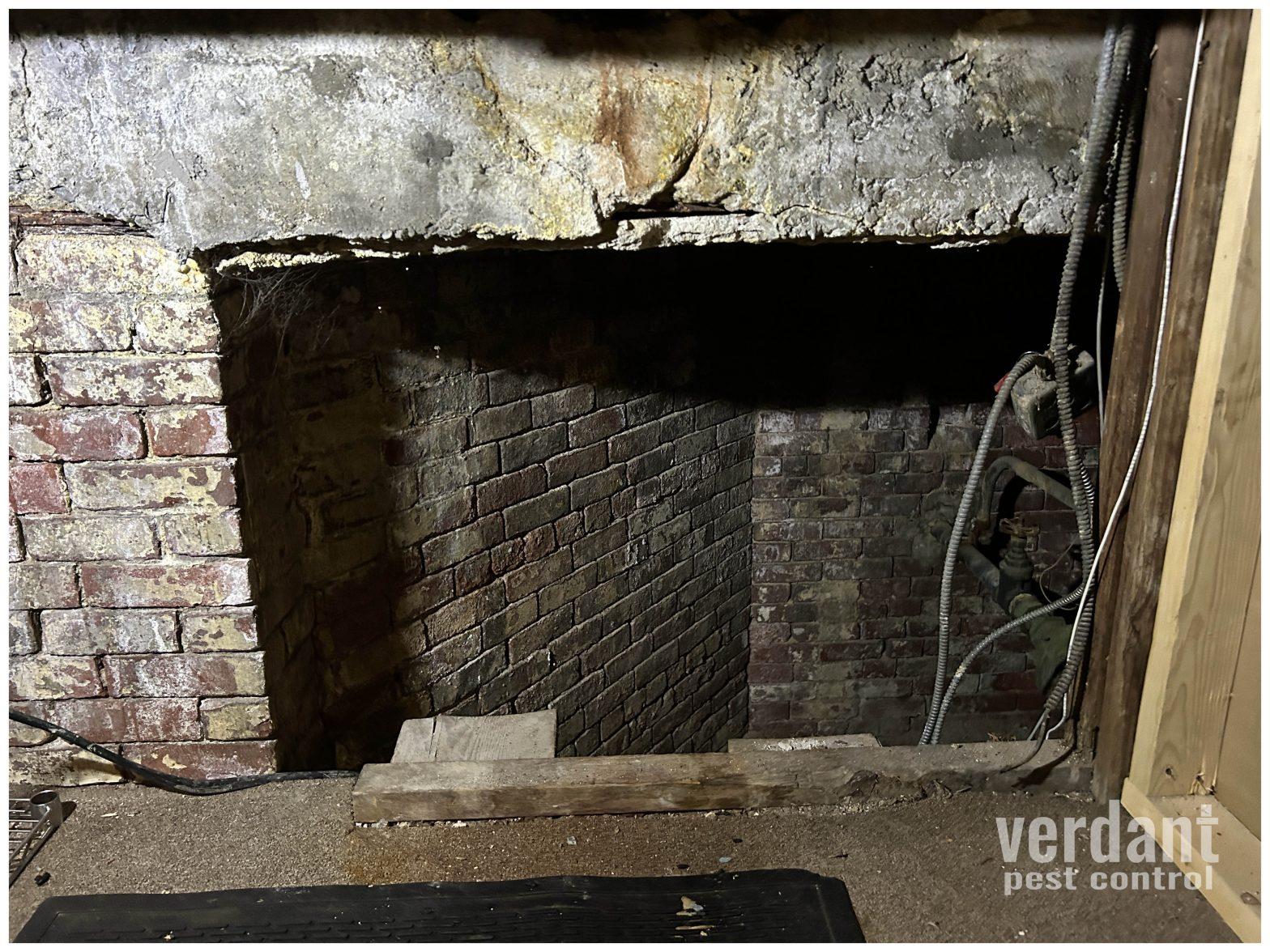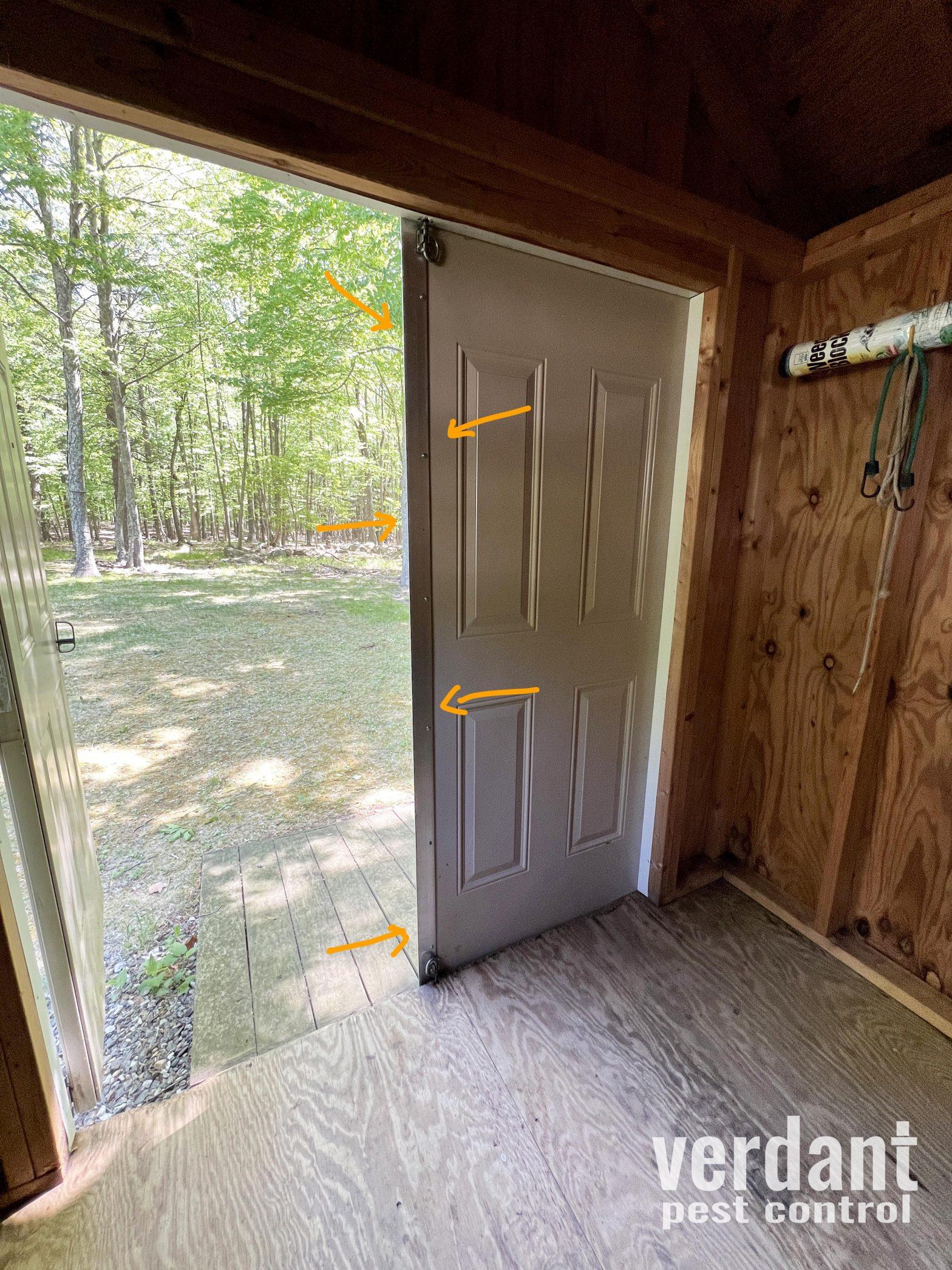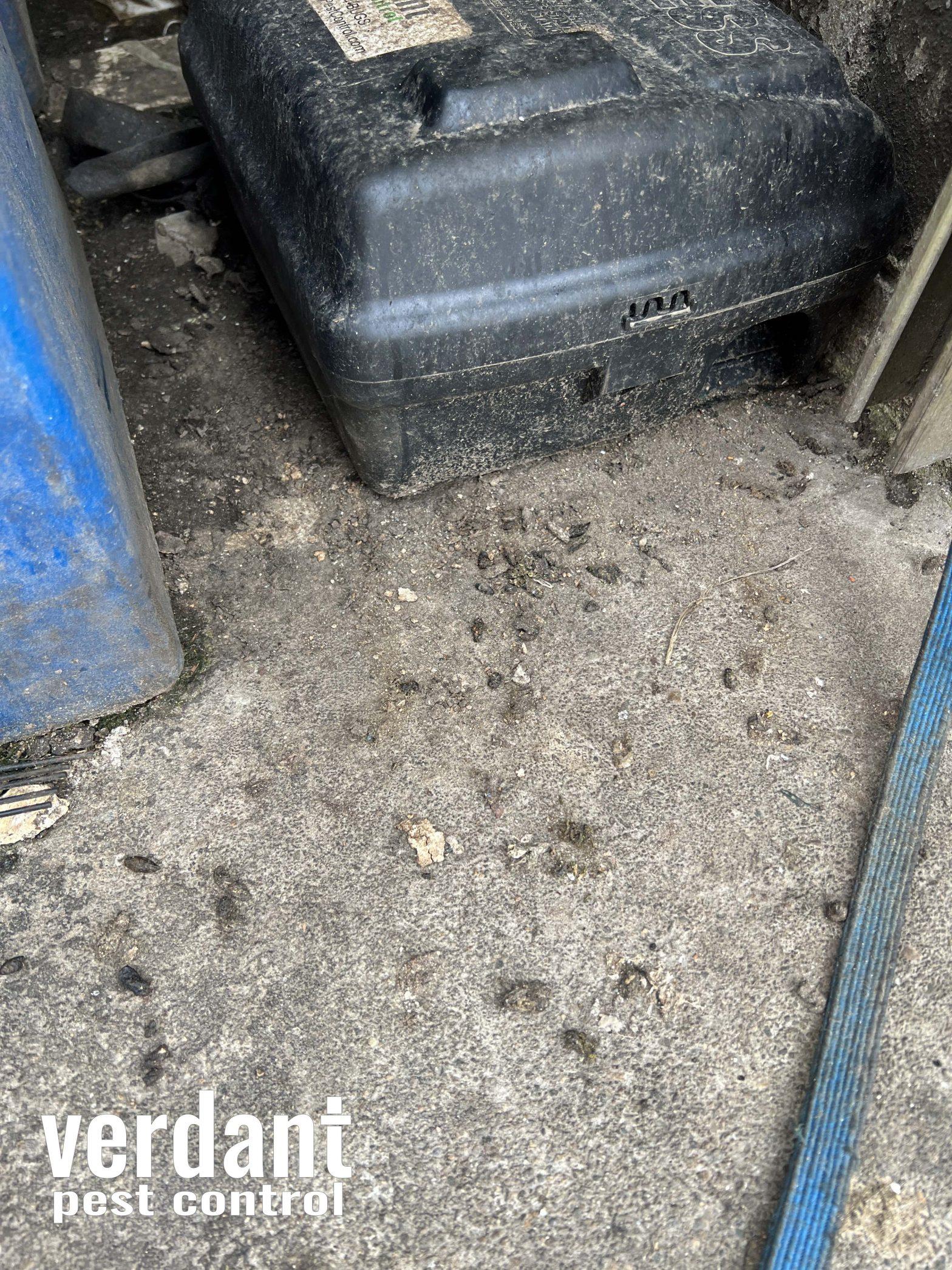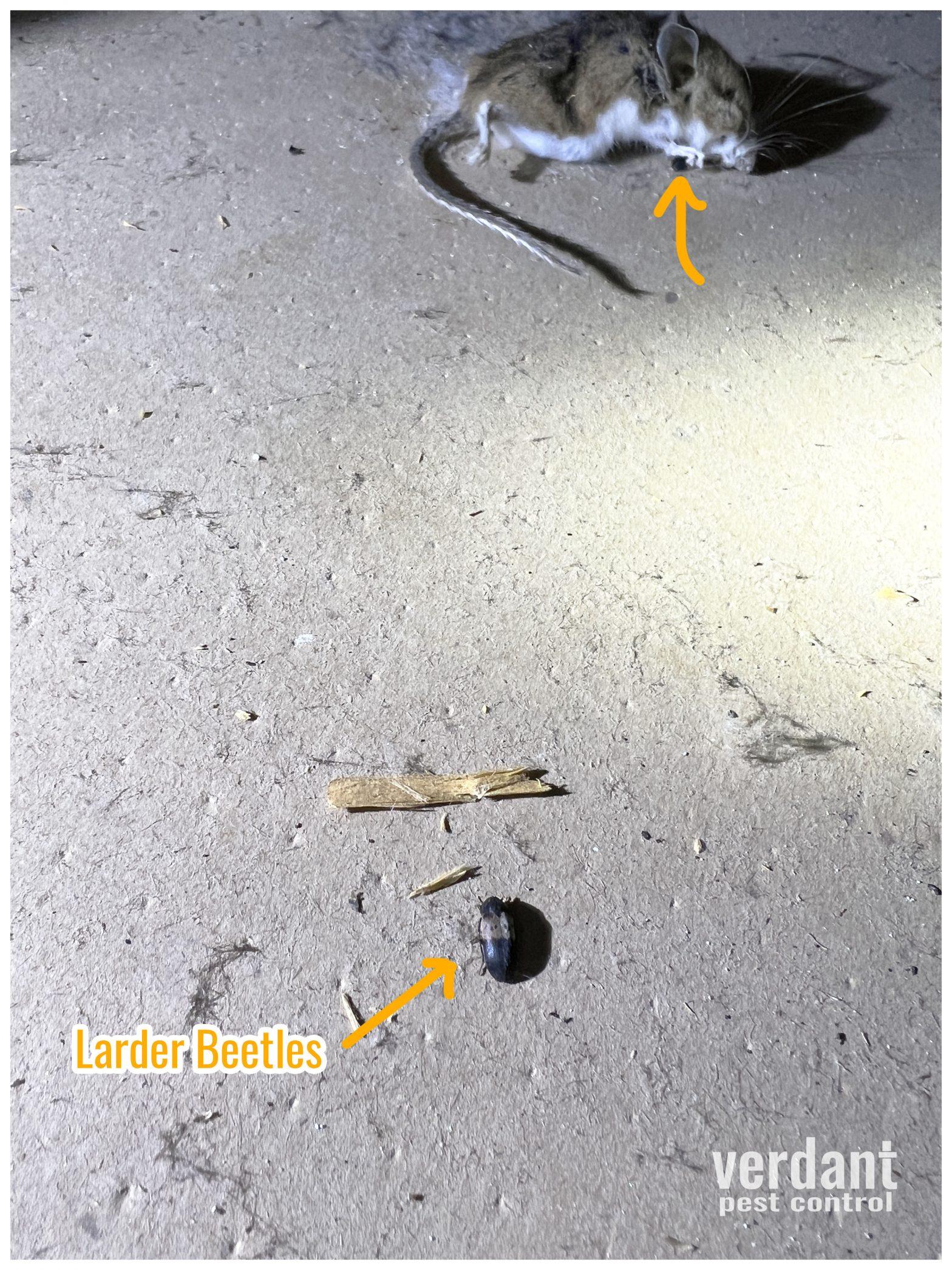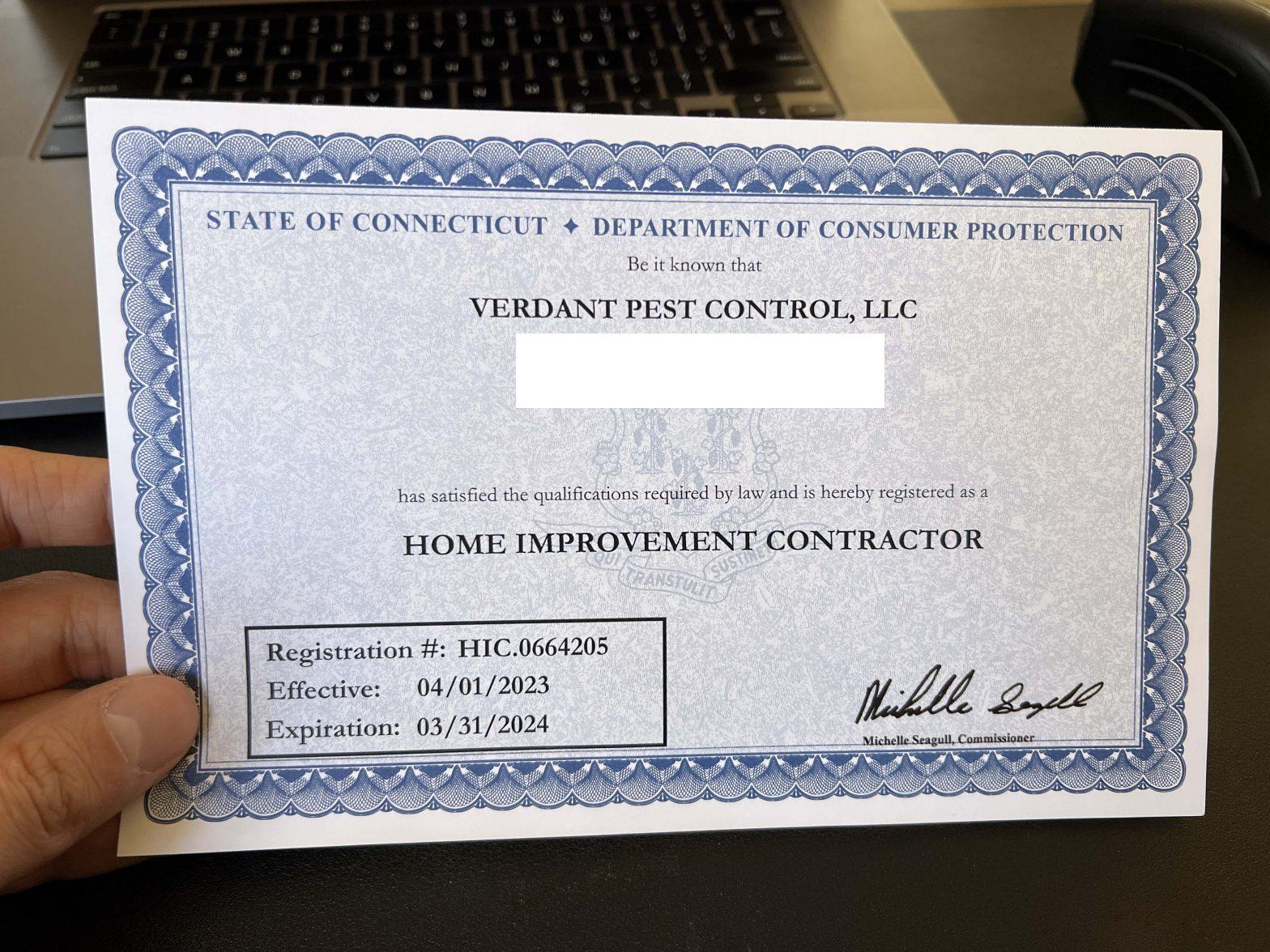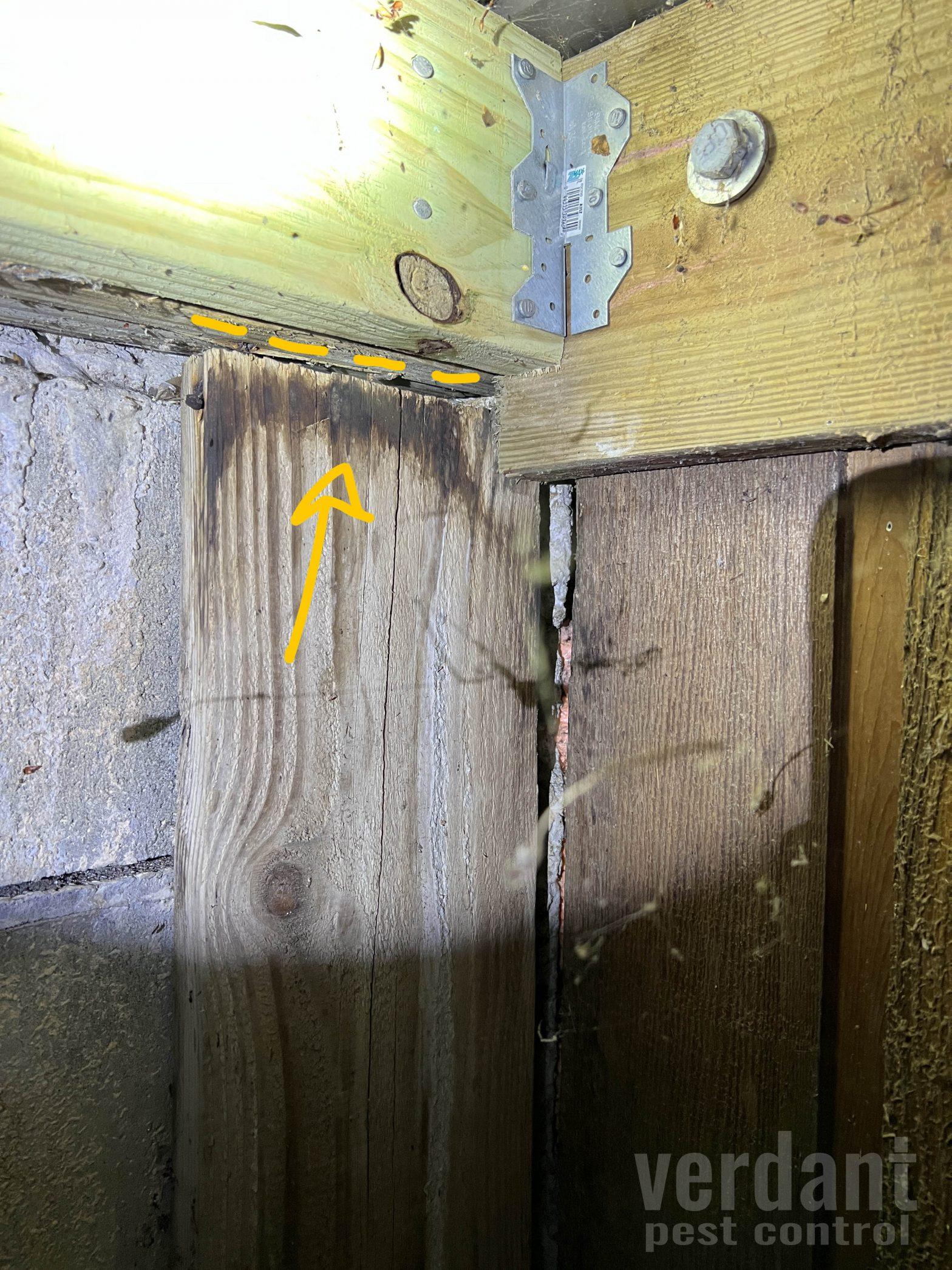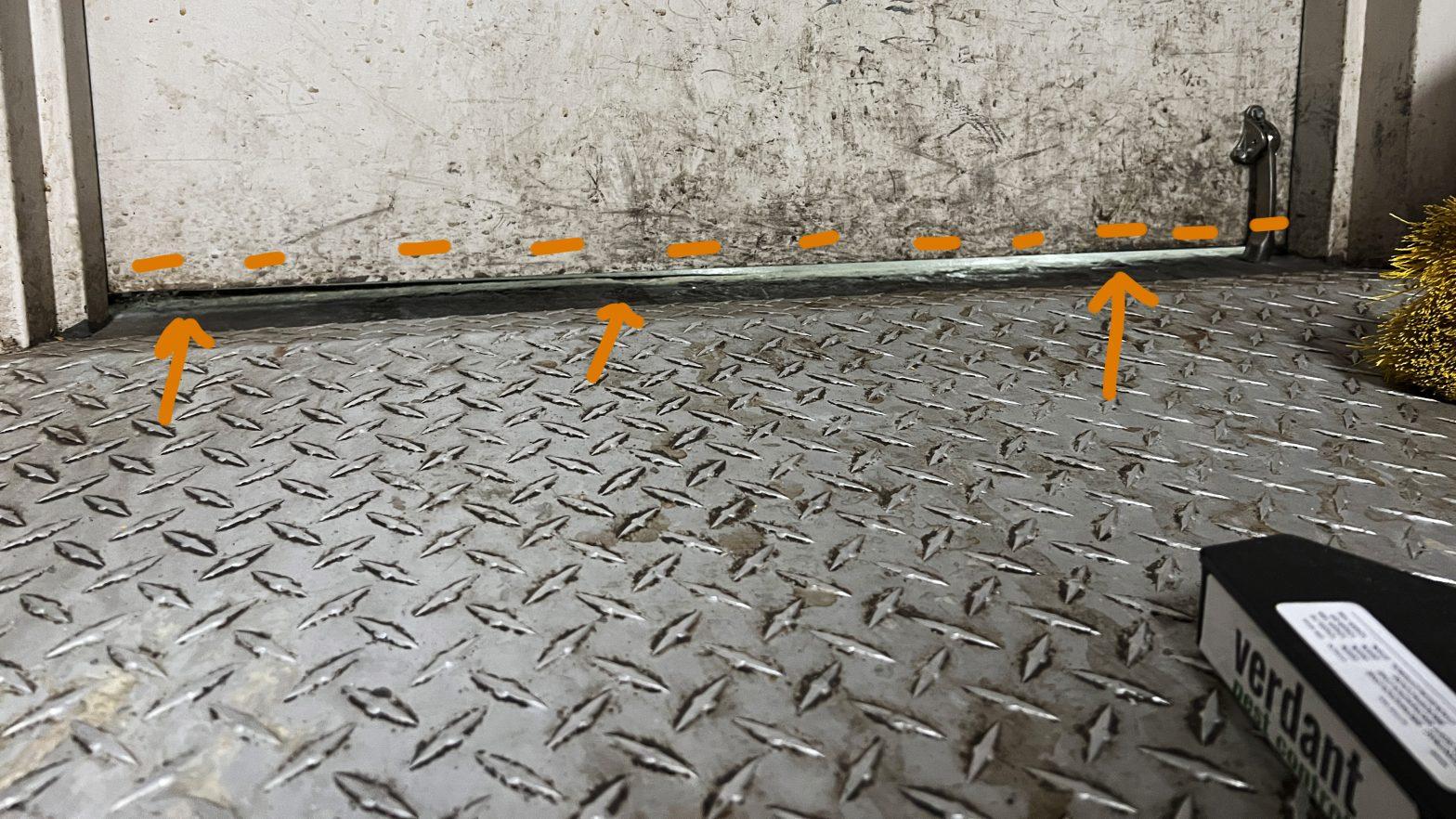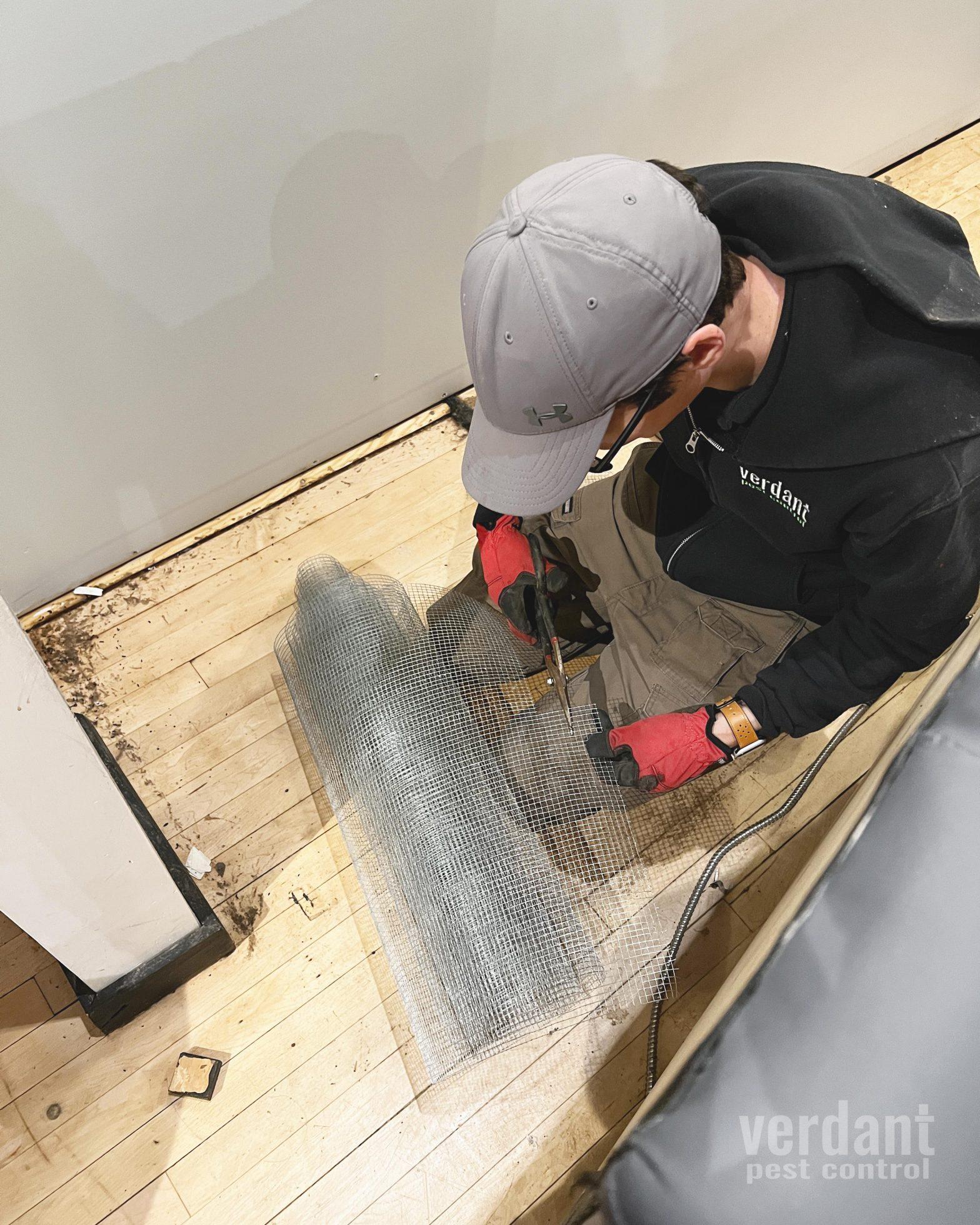Rats are living in this tunnel underneath the streets of a major city. We had to create a door that would keep rats from coming out of the tunnels and into the establishment. This is why I love pest control…because of the things you get to see that most will never have the opportunity to observe. These service tunnels keep sewers, steam pipes, electrical and I bet a whole lot of secrets. We don’t build them this intricate anymore!
Tag: mouse control
HB 5217 hurts everyone and protects nothing
A couple weeks ago we provided written and oral testimony for HB 5217, a bill that would restrict the purchase of second generation rodenticides in Connecticut.
Keep Mice Out Of Your Shed
Your shed is more than just a storage space. It houses your valuable tools, gardening equipment, and cherished belongings. However, one tiny intruder, such as a mouse, can quickly turn your shed into a haven for pests. In this blog post, we’ll discuss the importance of keeping mice out of your shed and how hiring a professional pest control company can help you maintain a pest-free environment.
Protect Your Belongings:
Mice may seem harmless, but they can cause extensive damage to your shed and its contents. These furry critters have a knack for chewing through wires, insulation, and even wooden structures. By keeping mice out of your shed, you safeguard your belongings from costly repairs or replacements.
Prevent Health Risks:
Mice are carriers of various diseases and pathogens that can pose serious health risks to you and your family. Their droppings and urine can contaminate surfaces and the air, potentially leading to respiratory issues and allergies. By taking proactive measures to keep mice away from your shed, you reduce the risk of these health hazards.
Avoid Structural Damage:
As mentioned earlier, mice are notorious chewers. They can gnaw through insulation, cardboard, and other materials, compromising the structural integrity of your shed. Over time, this damage can weaken the shed’s foundation, making it more susceptible to water leaks, rot, and collapse. By ensuring a mouse-free environment, you preserve the longevity of your shed.
Maintain Neatness and Organization:
A shed infested with mice can quickly become cluttered and chaotic. These critters tend to nest in piles of debris, creating a mess and making it difficult to access your belongings. By keeping mice out, you promote a clean and organized shed, allowing for easier navigation and better storage of your items.
Professional Pest Control Services:
Hiring a reputable pest control company can be a game-changer in your battle against mice infestations. These professionals have the expertise, knowledge, and tools to effectively eliminate mice and prevent their return. They can conduct thorough inspections, identify potential entry points, and implement tailored solutions to keep your shed pest-free.
Customized Prevention Strategies:
Pest control experts don’t just eliminate existing infestations; they also develop personalized prevention strategies. They may recommend sealing cracks and gaps, installing rodent-proof barriers, or implementing bait stations to deter mice from entering your shed. These preventive measures ensure long-term protection and peace of mind.
Your shed is a valuable asset, and keeping it free from mice is essential for maintaining its integrity and functionality. By hiring a professional pest control company, you can address existing infestations, prevent future problems, and enjoy a clean, organized, and pest-free shed. Don’t let mice undermine the safety and functionality of your storage space—take action today and protect your shed from these unwanted intruders.
Mice vs. Rats: Understanding the Difference
Lets play “Is it mice or rats?”
Spoiler alert…it’s rats. What might look like dirt or debris are actually rat droppings all around this bait station on the ground. Mice and rats are two common household pests that can cause havoc and discomfort when they invade our living spaces. While they may seem similar at first glance, there are distinct differences between these rodents.
Physical Appearance:
One of the primary ways to differentiate mice from rats is through their physical attributes. Mice are generally smaller, measuring around 2 to 4 inches in length, with slender bodies, pointed noses, and relatively large ears. In contrast, rats are larger, ranging from 6 to 9 inches in length, with more robust bodies, blunt noses, and smaller ears compared to their body size.
Tail Length:
Another noticeable distinction between mice and rats lies in their tails. Mice have thin, long, and slightly hairy tails that are typically equal to or longer than their body length. On the other hand, rats possess thick, hairless, and scaly tails that are shorter than their body length.
Behavior and Habits:
While both mice and rats are nocturnal creatures, they exhibit different behaviors and habits. Mice are known for their agility and ability to climb, jump, and squeeze through tiny openings. They are fast breeders and tend to build nests in hidden areas using materials like paper, fabric, or insulation. Mice are generally curious and cautious creatures, avoiding human contact whenever possible.
Rats, on the other hand, are excellent swimmers and burrowers. They are more cautious and exhibit neophobic tendencies, meaning they’re wary of new objects or changes in their environment. Rats often create complex burrow systems and tend to nest in dark, secluded areas such as basements or crawl spaces. Due to their larger size and stronger gnawing capabilities, rats can cause more structural damage than mice.
Dietary Preferences:
Both mice and rats are opportunistic eaters, but they differ in their dietary preferences. Mice are omnivorous and consume a variety of foods, including grains, seeds, fruits, and even small insects. They can survive on very little water, deriving most of their moisture from their food. Rats, on the other hand, are more flexible in their diet and can consume a wider range of foods, including grains, fruits, vegetables, meat, and even pet food. Rats require a regular source of water to survive.
Health Risks:
While both mice and rats can carry diseases and transmit them to humans through their urine, droppings, or bites, rats are generally considered more of a health concern due to their larger size and potential for more severe bites. Common diseases associated with these rodents include salmonellosis, hantavirus, leptospirosis, and rat-bite fever.
Understanding the differences between mice and rats is essential for effective pest management. By recognizing their distinct physical characteristics, behaviors, habits, dietary preferences, and health risks, you can better identify the type of rodent infestation you may be dealing with. Whether it’s mice or rats, it’s important to address the issue promptly and seek professional pest control assistance to eliminate the problem and prevent further damage to your home or business.
Larder Beetles
I’m always a little hesitant to show some pics out of concern for the squeamish…but if you’re following this page it can’t be that bad. 😅
So, here we have an expired mouse and accompanying this little guy is a couple of Larder Beetles. If you are seeing these occasional invaders it could be an indication of another pest problem, in this case a mouse infestation.
Home Improvements and pest prevention
Our renewal license just came in! Another year of helping in more ways than only applying pesticides. With this we can make improvements to homes to prevent pests as well replace the things they break!
Quit greasing up my walls mice!
These dirty spots are “rub marks” left behind from rodents, in this case it was mice. The oil from the rodent’s fur will rub off on the surfaces they frequently travel and squeeze thru. Over time it leaves this residue that can often be mistaken as dirt, water or some other stain. When you know what to look for then the big picture becomes more clear on how rodents are traveling and getting inside your structure.
The Importance of Installing Door Sweeps
When it comes to keeping pests out of your home or business, small measures can make a big difference. One often-overlooked yet highly effective method is the installation of door sweeps. In this blog post, we’ll explore the significance of door sweeps and how they serve as a valuable line of defense against unwanted pests.
Sealing Potential Entry Points:
Doors, particularly those with gaps at the bottom, can provide easy access for pests such as rodents, insects, and even snakes. Door sweeps act as a barrier, sealing off this vulnerable area and preventing pests from infiltrating your space. By closing off potential entry points, you significantly reduce the likelihood of infestations.
Enhanced Energy Efficiency:
In addition to pest prevention, door sweeps contribute to energy efficiency. The gaps beneath doors can allow drafts to enter, leading to temperature fluctuations and increased energy consumption. By sealing these gaps with door sweeps, you create a better seal, reducing energy loss and lowering utility costs.
Deterrence of Crawling Insects:
Certain types of pests, such as cockroaches, ants, and spiders, are adept at squeezing through even the tiniest cracks and crevices. Installing door sweeps blocks their path, making it more difficult for them to enter your home or business. By denying them entry, you can minimize the risk of infestations and the associated health concerns.
Rodent Exclusion:
Rodents, such as mice and rats, are notorious for finding their way indoors through small openings. A door sweep acts as a physical barrier that hinders their ability to enter. By implementing this simple measure, you protect your property from the damage, contamination, and health risks associated with rodent infestations.
Maintenance of Cleanliness:
Pests can bring dirt, allergens, and disease-causing pathogens into your home or business. By installing door sweeps, you create an additional layer of defense, helping to maintain a cleaner and healthier environment. It becomes easier to keep pests and the associated mess outside, reducing the need for extensive cleaning efforts.
Ease of Installation and Cost-Effectiveness:
Installing door sweeps is a relatively simple and affordable process. They are available in various styles and materials to suit different types of doors. Whether you choose adhesive or screw-on sweeps, the installation can typically be done quickly and easily, providing an immediate improvement to your pest prevention efforts.
Preventing pests from entering your home or business is a proactive step towards maintaining a clean, comfortable, and healthy environment. Installing door sweeps is an effective and affordable method to seal potential entry points, deter crawling insects, exclude rodents, enhance energy efficiency, and promote cleanliness. By investing in this simple measure, you fortify your defense against unwanted pests, ensuring peace of mind for you, your family, or your customers. Take action today and install door sweeps to create a powerful barrier against pests and enjoy the benefits of a pest-free space.
Give us a call to install pest-proof door sweeps to your home or business.
Mouse Exclusion
When it comes to mouse exclusion I have mixed feelings. Of course if you can locate the entry points and seal them you will effectively stop rodents from traveling through this space. The trick is to locate all the ways these fury creatures gain entry into your home or business. It is not always so easy or obvious. Commercial spaces are constantly being renovated with additions made, walls torn down and put back up and a plethora of on-the-fly adjustments to get a project finished in time for the grand opening. In residential settings you often find additions like 4-season porches have been added or the garage was extended. While its lovely to have more space it also creates vulnerable cracks, gaps and spaces that mice will take advantage of. Once construction is completed it is difficult to pin point where the access points could be.
Bad-news is not always the case when dealing with rodent entry points. Sometimes you get what I like to call as the “smoking gun” spot. It’s obvious when you find it. It’s the “ah ha” moment when the whole thing makes sense. These are the magical areas i’m constantly on the lookout for. The irrefutable entry ways that mice are definitely using. It may not be the only source of travel for them but you know by sealing up this one you will be making a major blow to their entire operation. The picture here is one of those moments. Along the wall is a crack…well more of a space that is allow mice to scurry between the floor. This space is by design, it’s not a problem with construction but left there to allow the floor to move a little with the changing of temperatures. However, something needs to be done to stop the pathway from mickey’s clubhouse. These hairballs have caused too much grief and became too comfortable that intervention is needed. We can’t have pests around food or customers and measures needed to be taken to stop the flow of mice into the restaurant.
Squirrels In CT Are Dangerous
February into March we start to see an uptick in squirrel activity. Specifically invading homes and making nests to start rearing young. In the process they tear up insulation, chew wires, deposit urine and feces and basically make a mess of the space they inhabited. Getting to the problem early makes control easier, more effective at times and can prevent future damage during the eviction process. If you suspect squirrels or any other pest in your home don’t delay and give us a call for a free inspection.
